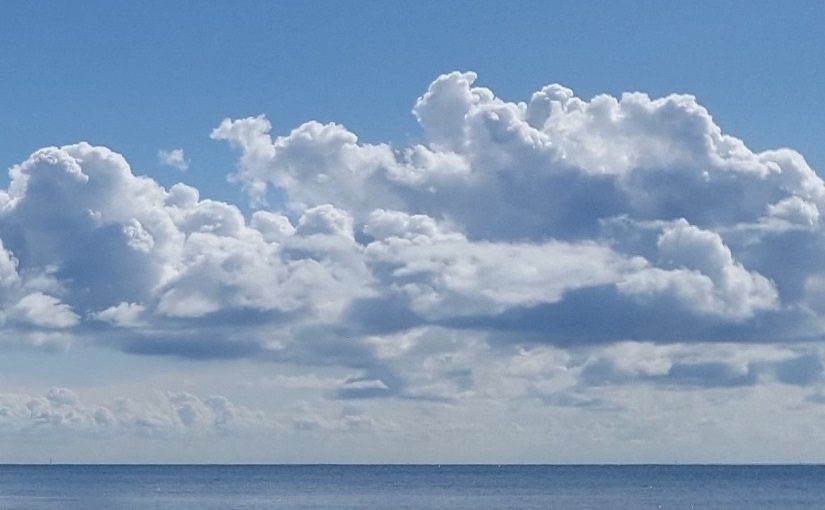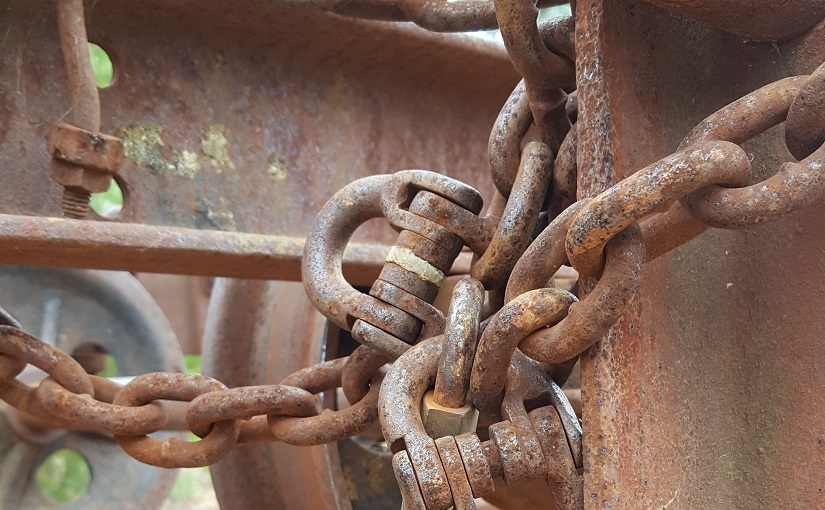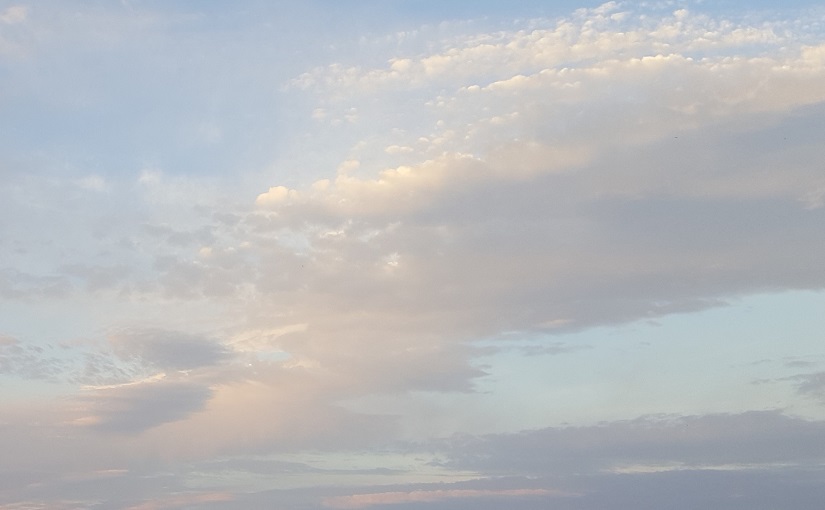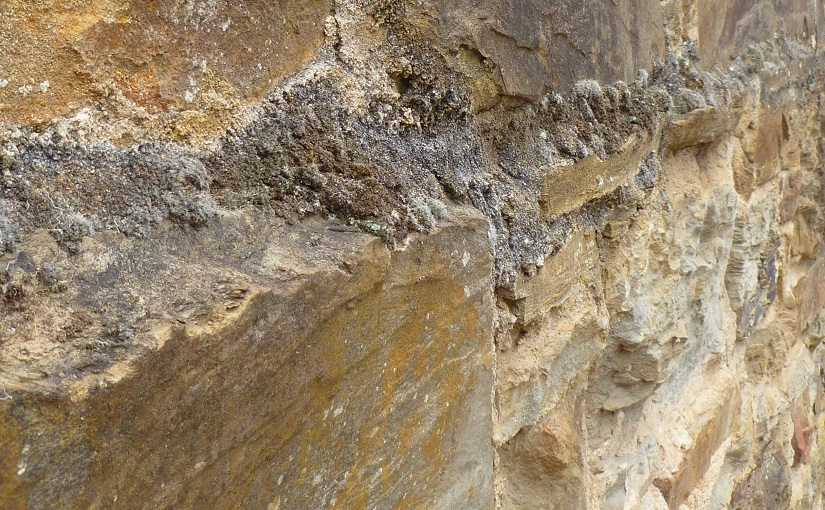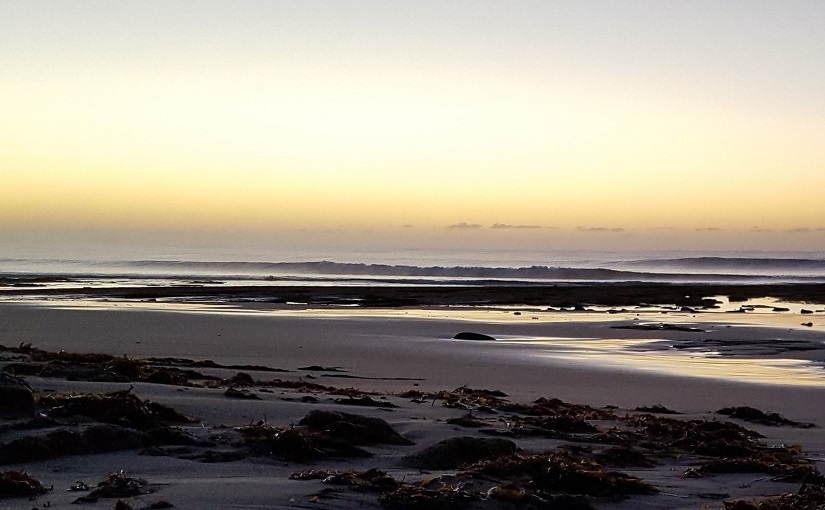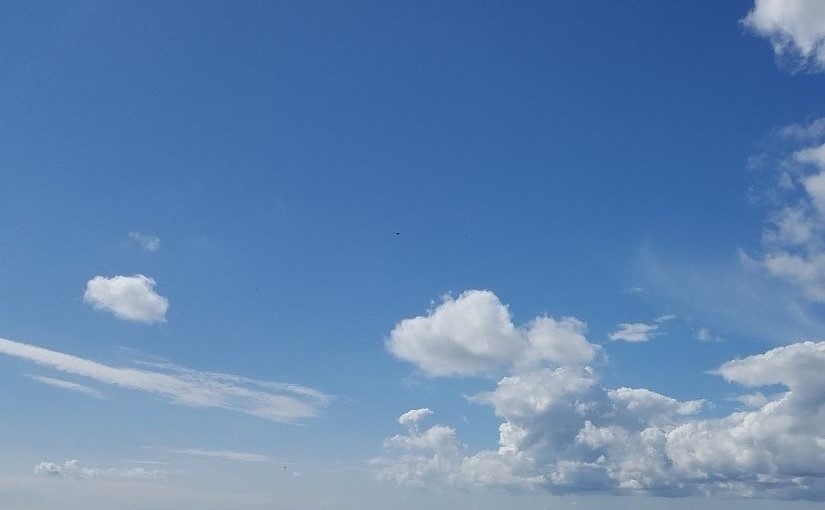With modern technology, it really seems that we’re not at all sure where we’re headed. Yet, still, we’re handing everything over and going with the flow of wherever this may lead. Is that trust, or do we feel there’s very little choice in the matter? That, this being the direction others have set for us, the best we can hope is to keep up and make the most of things.
Of course, it’s perhaps the first time in human history that we’ve been able to develop tools with the capacity to surpass us. The challenge of “how to handle that” must, then, be fairly unique. Never having been in this position before, there may be no truly reliable advice for how we might go about it. Still, though, it’s as if the whole weight of human inheritance rests on our shoulders and asks what our plan is.
Isn’t that where we stand? If history’s this chain through time of things handed down from one generation to the next, aren’t we holding all that in our hands? If “holding our place” in that chain requires us to know, understand, and carry forward all that’s valuable within our way of life, aren’t those capacities arguably some of the most important we might possess?
If civilisation is our world of ideas, isn’t that something we’re handing over to this way of being? If society’s our understanding of the relationships and activities that serve to uphold our lives together, are we handing that over as well? It seems such an incredible moment in our history, and an incredible act of faith on our part (Notes One).
Sometimes it also seems this is truly changing what it is to be human; the pace and complexity of our lives now standing quite apart from anything that’s gone before (Notes Two). Haven’t people, generally, been engaged in quite a slow pace of life? Change perhaps taking a lifetime, while the daily lives within it proceeded step by step in much the same way. “Time” perhaps helping create great focus, strength, understanding and resolve.
By comparison, doesn’t “life with technology” tend to encourage quite a superficial, glitchy, distracted engagement with reality? Forever flitting from one thing to the next; perhaps never fully developing a deep and comprehensive sense of it all. Doesn’t it lead us to expect immediate results and act impulsively in the moment? Replacing the steady commitment of the past with quite a volatile alternative.
Not to say we can’t rise above those tendencies, but technology itself does seem to be strengthening them. Do we let ourselves get swept up with that or, somehow, decide to swim against the tide in another direction? How are we even to see “where we are heading” or “where we might go instead”? Is this fast-moving flow of reflexive, interwoven trends something we can hope to navigate more intentionally?
How much say we have over where we’re heading seems important, though, as it’s hard to argue these things don’t matter.
Notes and References:
Note 1: Things change, over time
Note 1: Where would we stand if this were lost?
Note 1: How ideas find their place in the world
Note 1: Trust in technology?
Note 1: Cutting corners
Note 2: All that’s going on around us
Note 2: The potential of technology
Note 2: Social starting points for modern ways
Note 2: Patience with the pace of change
Note 2: The difference humanity makes

